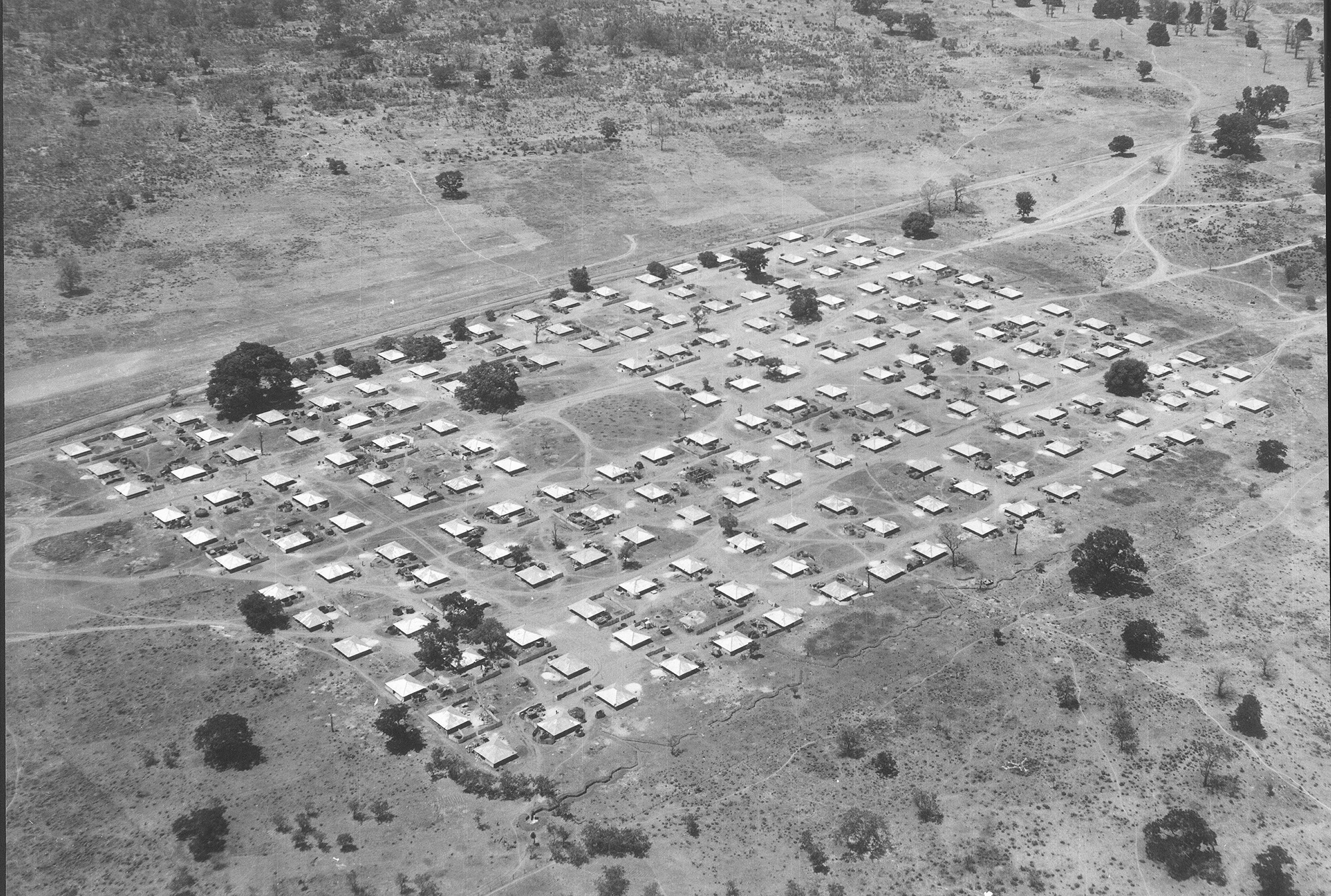Communication
The bungalow: counter-histories of a global colonial home
Event: IASTE 2025 Alexandria: Cosmopolitanism and Tradition
Authors: Francesca Vita
Date: 23 – 26 May 2025
Location: Alexandria, Egypt


Summary
In 1984, Anthony King suggested that a certain type of house, the bungalow, was spread across different continents by colonial empires shaping a global culture of dwelling from Britain to India, from Africa to Australia. In the African context, in the first half of the 20th century, the bungalow was mobilized by colonial administrations to steer urbanization processes, responding to the demands of cost economy and construction efficiency. This simple type of house, a detached home raised off the ground with a veranda, provided an effective tool for settling the indigenous population, mostly nuclear family and workers, in the cities according to Western expectations of hygiene standard and the need for inhabitant control. At different stages of the imperial project, the bungalow served the colonial agenda of the “civilizing mission”, the “assimilation policy” and the “socio-economic development” of the indigenous population. Within this framework and based on King’s assumption that the bungalow constituted a ‘tool of empire’, often attributed to colonial and western imagery, this paper seeks to prove whether it also represented a site of cosmopolitanism: a contested site of (colonial and modern) universalism. To this end, this paper aims to collect and discuss case studies in which the bungalow has failed as a global colonial home, in detriment to a cosmopolitan, hybrid and multicultural dimension. Examining the inhabitants’ appropriation of housing projects for the indigenous population promoted by the colonial state in Guinea-Bissau, Angola and Mozambique in the last decades of the Portuguese rule, this paper raises the following line of questions: how did the bungalow at last fail as a global colonial home? Can evidence of resistance and contestation by the inhabitants be found hidden in the colonial archives? How did indigenous customs occur within the colonial constraints of order and control? Did the universal and global home allow for a cosmopolitan version of it? How did the bungalow promote hybrid dwelling forms and practices under colonial rule? By analyzing archival material (e.g., administrative accounts, photographic surveys, study mission reports undertaken during the colonial period) and exploring specific case studies, from rural resettlement program carried out during the liberation wars to the first urban neighborhoods for the African population, this paper aims to reveal evidence of resistance and contestation of the bungalow as a “tool of empire”. Engaging and discussing the notion of global and universal versus cosmopolitan and hybrid, this paper unearths counter-histories of the bungalow as a global colonial home in order to contribute to King’s research about dwelling forms, cultures, and global exchanges.
Click here for more information.
Related Case Studies

